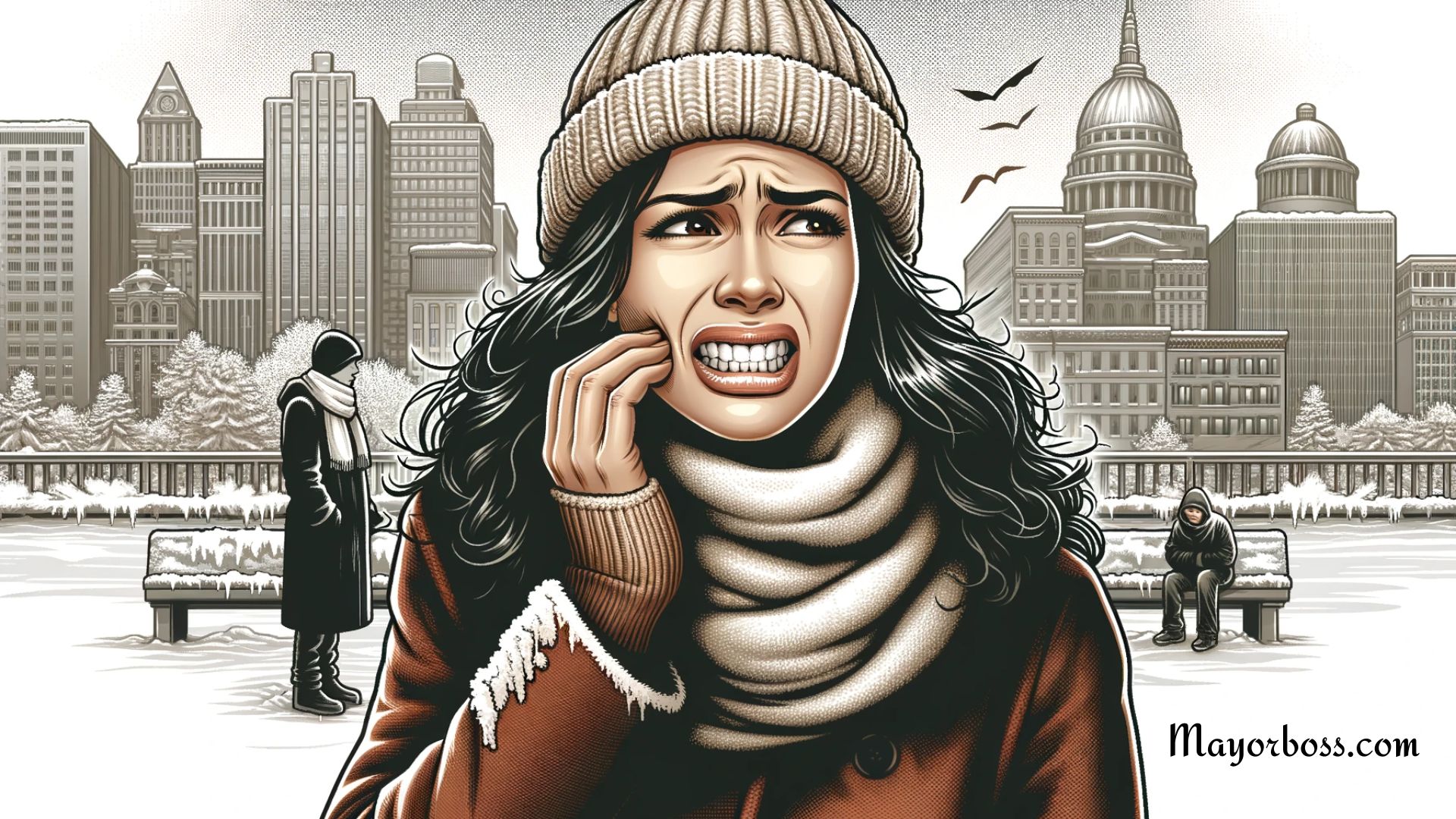What It Really Means When Cold Weather Makes Your Teeth Hurt
Have you ever stepped outside on a chilly day and felt a sudden, sharp pain in your teeth? This experience, while quite common, can be both surprising and uncomfortable. So, why exactly does cold weather make your teeth hurt? Let’s break down this phenomenon.
Understanding Tooth Sensitivity

The Structure of Your Teeth
To grasp why your teeth react to cold, it’s essential to know a bit about tooth anatomy. Your teeth consist of several layers. The outermost layer is the enamel, which is hard and protects the inner parts of the tooth. Beneath the enamel lies the dentin, which is less dense and contains tiny tubes that lead to the nerve center of the tooth, known as the pulp. The pulp is sensitive and full of nerve endings.
How Sensitivity Occurs
When your enamel wears down, or your gums recede, exposing the dentin, the nerves in your teeth become more vulnerable. Cold air or cold substances can travel through the tubes in the dentin and reach the nerves, causing pain or sensitivity. This is why a blast of cold air can make your teeth hurt.
Factors Contributing to Sensitivity
Enamel Erosion
Enamel erosion can be a significant factor. Enamel can wear down over time due to various reasons like acidic foods, overzealous brushing, or grinding your teeth.
Gum Recession
Similarly, your gums might recede due to periodontal disease or harsh brushing, exposing the sensitive roots of your teeth to the elements, including cold weather.
Other Dental Issues
Sometimes, tooth sensitivity to cold can indicate other dental issues like cavities, cracked teeth, or even an abscess. Therefore, it’s always wise to consult with a dentist if you experience persistent sensitivity.
Managing and Preventing Tooth Sensitivity
Oral Hygiene Practices
Maintaining good oral hygiene is crucial to prevent or reduce sensitivity. Brush gently with a soft-bristled toothbrush and use toothpaste designed for sensitive teeth, which can help block the pathways to the nerves.
Regular Dental Check-Ups
Regular visits to the dentist are essential. They can identify and treat any underlying issues that might be contributing to your sensitivity.
Protecting Your Teeth
In cold weather, try breathing through your nose as much as possible to minimize the amount of cold air that hits your teeth. Also, avoid acidic foods and drinks that can erode enamel.
Treatment Choices
In some cases, your dentist might recommend treatments like fluoride varnishes or even dental procedures to cover exposed roots or repair damaged enamel.
In summary, the pain you feel in your teeth during cold weather is typically due to tooth sensitivity. This sensitivity arises from exposed dentin, which allows cold stimuli to reach the nerves in your teeth. To combat this, practice good oral hygiene, use products designed for sensitive teeth, and ensure regular dental check-ups. Remember, if you’re ever in doubt or the pain persists, it’s best to seek advice from a dental professional.
